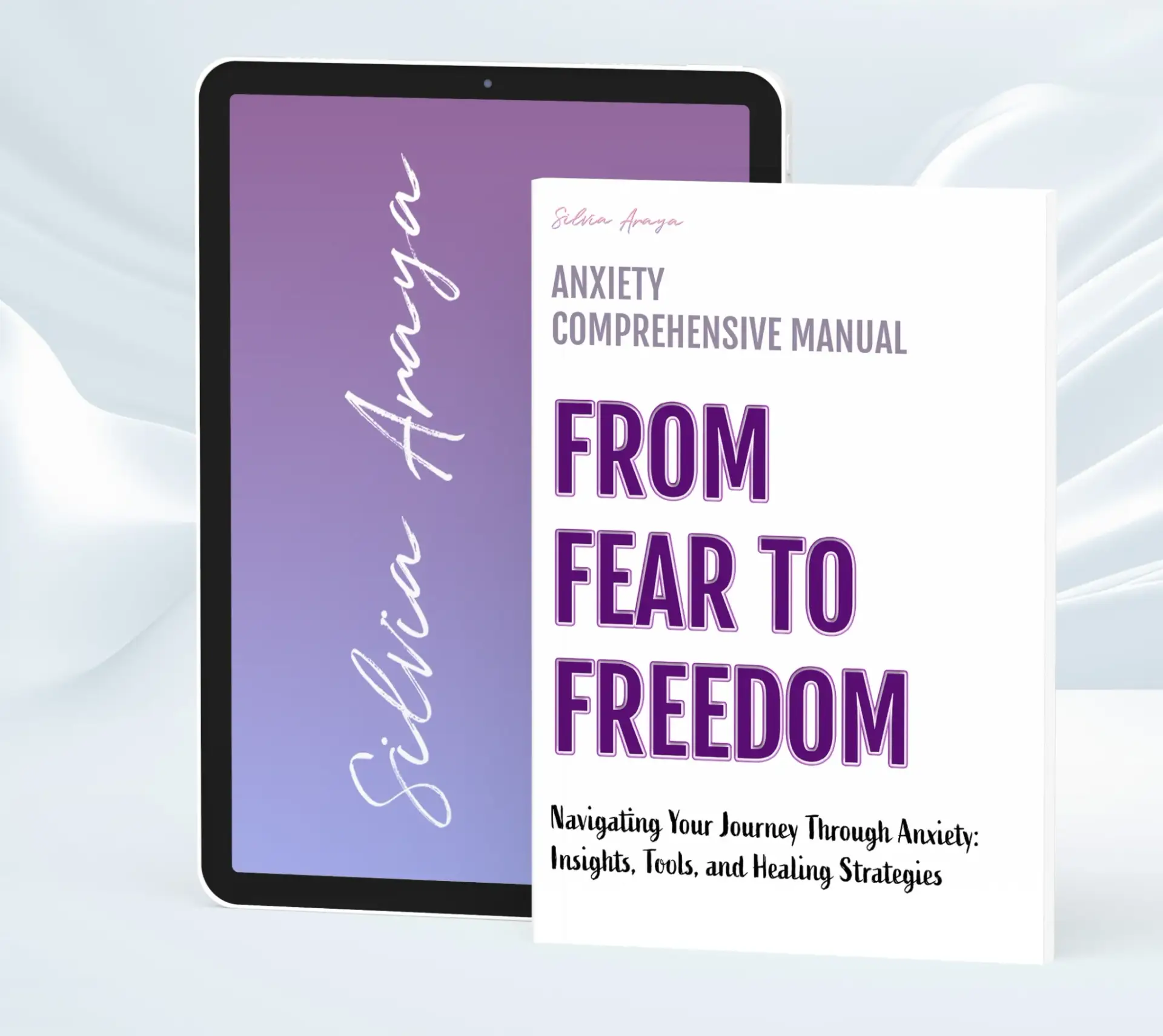Dealing with trauma or anxiety can feel like navigating a complex emotional maze, but there are practical steps and approaches that can lead to a brighter outlook. Here are ten accessible and effective ways to manage the lingering impact of trauma and alleviate anxiety:
- Mindfulness and Deep Breathing
Mindfulness practices can ground you in the present moment and help break the cycle of anxious or traumatic thoughts. Engaging in deep-breathing exercises for a few minutes each day, or whenever you feel overwhelmed, can also have a calming effect on your nervous system. Try it out – find a quiet spot, close your eyes, breathe in deeply for a count of four, hold for seven, and exhale for eight.
- Physical Exercise and Movement
Regular physical activity can be a powerful antidote to trauma and anxiety, releasing endorphins and reducing stress hormones. Whether it’s a brisk walk, yoga session, or dance class, incorporating some form of movement into your day can help manage your symptoms and improve your overall mood.
- Connect with Supportive Networks
Cultivating a strong support system is essential for those dealing with trauma. This can include trusted friends, family members, support groups, or professional counseling. Connecting with individuals who understand and empathize with your experience can offer invaluable comfort and a sense of community.
- Journaling and Creative Expression
Writing about your feelings in a journal or expressing yourself through art, music, or dance can be incredibly cathartic. It provides a safe space to process and externalize your emotions, which can be a critical step in healing from trauma and finding peace within yourself.
- Establish a Consistent Routine
Setting and maintaining a regular daily routine can provide structure and predictability, which helps alleviate the chaos of trauma-induced stress. Try to establish consistent wake-up times, meal schedules, and work or study habits. This predictability can be comforting and reduce the sense of unpredictability that often accompanies anxiety.
- Limiting Exposure to Triggers
It’s important to recognize and limit your exposure to triggers – the people, places, or things that cause distress. While it’s not always feasible to avoid triggers completely, taking practical steps like developing a plan to cope with specific triggers can be very empowering.
- Healthy Eating Habits
Nourishing your body with a balanced diet filled with fresh fruits, vegetables, whole grains, and lean proteins can have a direct impact on your mood and energy levels. Maintaining a healthy diet can help manage anxiety symptoms and improve your overall resilience.
- Regular Sleep Patterns
Adequate sleep is crucial for both physical and mental health. Anxiety and trauma can often lead to sleep disturbances, but establishing a calming bedtime routine, like reading or taking a warm bath, can signal to your body that it’s time to wind down. Additionally, practicing relaxation techniques before bed can help improve your sleep quality.
- Learning and Using Relaxation Techniques
Incorporating relaxation techniques, such as progressive muscle relaxation or guided imagery, into your day can teach your body to relax on cue, reducing the physical symptoms of anxiety. These practices don’t eliminate the sources of stress, but they can help you cope with them more effectively.
- Cognitive Restructuring
Cognitive restructuring involves changing the thought patterns that lead to anxiety. It’s a process of questioning the evidence for your thoughts and testing their validity. For example, if you’re anxious about a presentation, you could ask yourself if your fear is based on reality or on exaggerated beliefs. By challenging and changing these negative thought patterns, you can reduce your anxiety levels.
By incorporating these ten strategies into your daily life, you can empower yourself to manage trauma and anxiety, and ultimately reclaim a sense of peace and control. Each person’s healing process is unique, so it’s important to be patient with yourself and seek professional help if needed. Remember, healing is a marathon, not a sprint.







